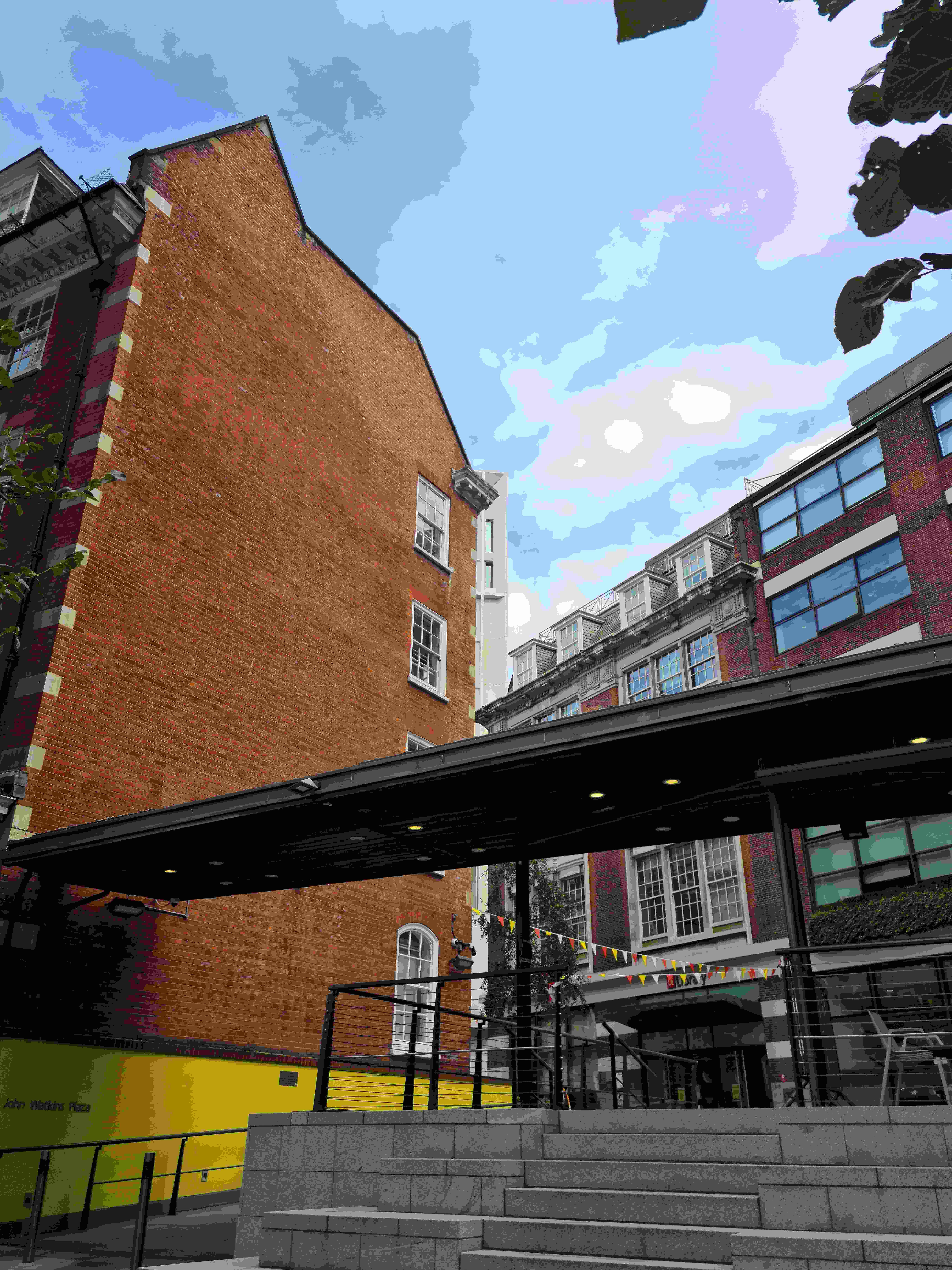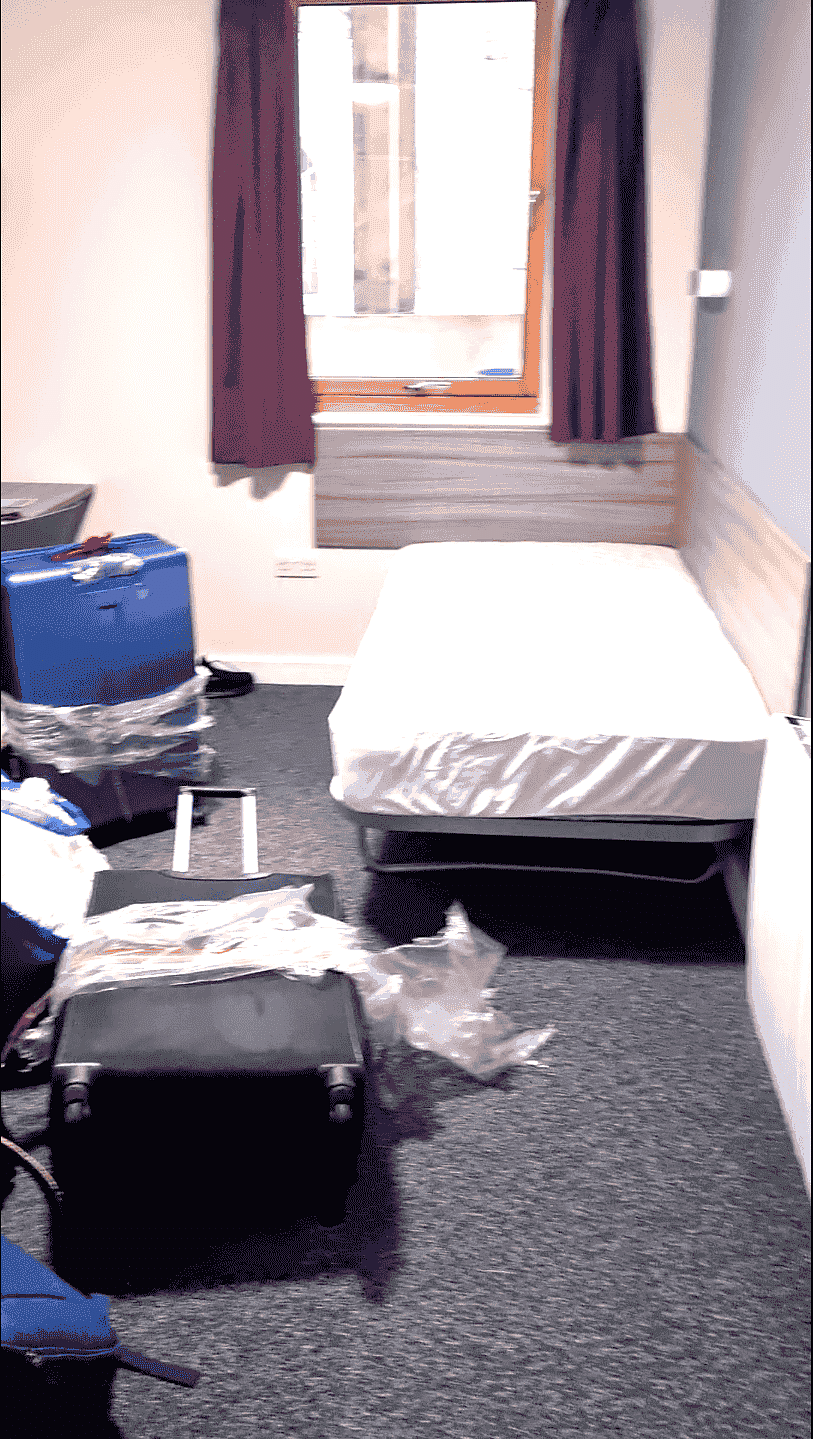Bhavesh Bhagat
Reviewed on Feb 27, 2025(Enrolled 2021)What Students Say
Likes
- World-class faculty who take interpersonal lessons spanning hours even after classes
- Brand recognition amongst the crowd in London and other international crowds
- Vast library of resources in terms of books, research papers, and dissertations
Dislikes
- Unstructured job connection portal and resources, spanning one old website and a few mailers across the academic year
- Less encouragement about societies and clubs
- Lacking infrastructure with a lot being constructed during the year
Course Curriculum
8
- The curriculum is quite difficult as it is a theoretical finance course and electives can be chosen in the second semester which are more industry-oriented/practical. There is a lot of work to be delivered in a week and these assignments count towards the final grade.
- Positives: Great professors who are very interactive, Negatives: can be hectic at times
- There are 8 hours of classes a week across the semesters. Timings are 9-11 or 2-4 but in the second semester, it depends upon electives.
- No structured help from faculty members; a lot of effort required from ourselves to get it.
- I really admire Professor Dirk because he made classes super memorable and took considerable time outside of classes to discuss topics and actually entertain full conversations.
Admission Experience
- I applied for the following universities:
- London School of Economics and Political Science: admitted and confirmed admission from.
- HEC Paris: Rejected due to lack of work experience.
- I think as I applied for the one-year program instead of the two-year, which required work experience or a stellar academic record from a Tier 1 undergraduate, I thought I could have qualified.
- I've been wanting to go to LSE since 2017 because of its calibre in the social sciences and my inclination towards economics and finance. The structure of the course, which offered me private equity as the degree and this being the only reputable institute to do that in a Masters format, made me choose LSE.
- The admission process involved me taking the GRE (328 on the first attempt) and the statement of purpose, which is the central part of the application (confirmed by a professor on the admissions board).
- GMAT and GRE (for UK undergraduates) are the exams accepted on top of having good undergraduate scores (first class honours or equivalent). For the exams, the accepted scores are min. 700 on the GMAT and min. 320 on the GRE.
- LSE has a rolling admission basis and you can apply anytime before the deadline but if the intake gets full, then there's a chance you don't get a seat or get waitlisted and it's a first come, first served basis.
- I applied around March because I needed some time to get my documents in order and all the required things for admission. Received acceptance in 13 days, and the offer letter in about a month. The timeline, however, can span 2 or 3 months if applied in October, which is when it opens and usually becomes quicker in the later stages of the process.
Faculty
10
- About 130 students in the full class, including MSc Finance and MSc Finance and Private Equity students.
- Indians make up 10–15% of the class.
- There are about 10 faculty across the courses; there is dedicated time to meet the professors and I think everyone got time to speak to them if they wanted to.
- The teaching methodology is interactive in class but requires a lot of self-effort to apply and make use of. There is a lot of application of the modelling taught in classes but requires practice to implement.
Campus Life
8
- One campus with multiple buildings. They're all in the area around Holborn, including some older and some new buildings and a tennis court. Facilities: Library, indoor sports, tennis, cafe.
- Most festivals are not celebrated but the student body holds multi-cultural events and a lot of fun activities like treasure hunts. You can join clubs suited to your hobbies like investing, gaming, travelling, etc. and do even more activities as part of those clubs.
- There's no push as such to do any extracurricular things and you can go the entire time without doing them, but there are opportunities to do it all so you should go and experience them (very easy to do by joining multiple clubs; there's no limit).
Part Time Jobs
- Since this is a master role and not a PhD, there are not many Teaching Assistant (TA), Research Assistant (RA), or Departmental Assistant (DA) positions. I am unaware of the pay range.
- On-campus jobs involve logistical help in the library or administrative buildings and accounting roles as well sometimes but you can also work in accommodations in the same type of roles. Hourly wages are usually a minimum wage of about GBP 30. 20 hours of work allowed per week as per the rules for full-time students. It's quite easy to get off-campus jobs in retail stores or restaurants.
- Indian students prefer working part-time in a sales assistant-type role usually and get paid around GBP 15-20 per hour. It's pretty easy to find a job in a small shop; you just have to walk in and ask or reach out to a contact given on a part-time poster the shops usually pin up outside.
- For part-time, it's pretty simple; you just have to approach the owner of the place you want to work, ask if you can, maybe do a small interview depending on the role, and then start working.
Placement
6
- Almost everyone in the batch secured a full-time role within 6 months of graduating; very few didn't take jobs and were by choice as far as I know. The average salary range for 0 to 2 years of experience is GPB 30,000 to GBP 60,000.
- The process for finding jobs is mostly on the student. You have to make the effort to network, rigorously apply on online job portals, track when applications open for a particular company, and maybe have a reference ready beforehand.
- Batchmates were placed mostly in boutique or mid-sized investment banking and consulting firms. A few landed jobs in bulge brackets or MNCs but mostly in their home countries.
- No major company has a particular tie-up, but almost all companies look favorably upon hiring an LSE graduate with a good CV and impressive interviews (relevant experience helps).
Accommodation
Off Campus
8
- LSE has licensed vendors for accommodations for Masters students. You can take those or try renting/leasing flats. Once you get admission, you get access to the internal portal to book the affiliated accommodations. Didn't really have to try external methods but can join Facebook groups (made for the incoming LSE batch for the degree) to find people to share rooms with if looking for that.
- Monthly rent was around GBP800. This included Wi-Fi, water, electricity, a kitchen (without utensils) and paid laundry services, as well as a computer room. Additional perks include a rec room with TT and multiple events on Halloween, Christmas, and Diwali.
- Recommendations: It will become a budgetary thing because London is expensive and how comfortable you are with sharing; almost all LSE accommodations were really good (they're all mostly going to be tiny).
- Accommodations for Masters are not close and are in a 6-7km radius (get an Oyster card for buses or the tube).
Exams
- IELTS/TOEFL is required for Indians and other countries specified that are deemed to be non-native English-speaking countries. GMAT and GRE are required as a minimum criterion along with undergraduate scores.
- Statement of purpose, 2 Letter of recommendation, CV, and academic certificates
- No interviews as part of the process but the statement of purpose has to be quite comprehensive.
Fees
- Tuition was about GBP 39,000. Hostel charges, which are provided by vendors licensed by LSE, range from GBP 6,000 to 20,000. I took one for about 8,500. No other significant charges.
- Fees were charged by semester apart from the deposit needed to confirm the seat after admission, which was around GBP 3,500 and part of the overall tuition mentioned above.
- Monthly expenses took about GBP 500-600, with GBP 300 going to food, GBP 150 for transport and the rest for miscellaneous expenses.
Scholarship
- I received a scholarship from my undergraduate for my academic scores of around GBP 20,000. Yes, LSE offers multiple scholarships based on various criteria and there were other students who had also received the same.
- Approx. 20% of the students enrolling in LSE receive a scholarship across undergraduate and postgraduate and the award amount ranges from GBP 1,000 to the entire tuition.







